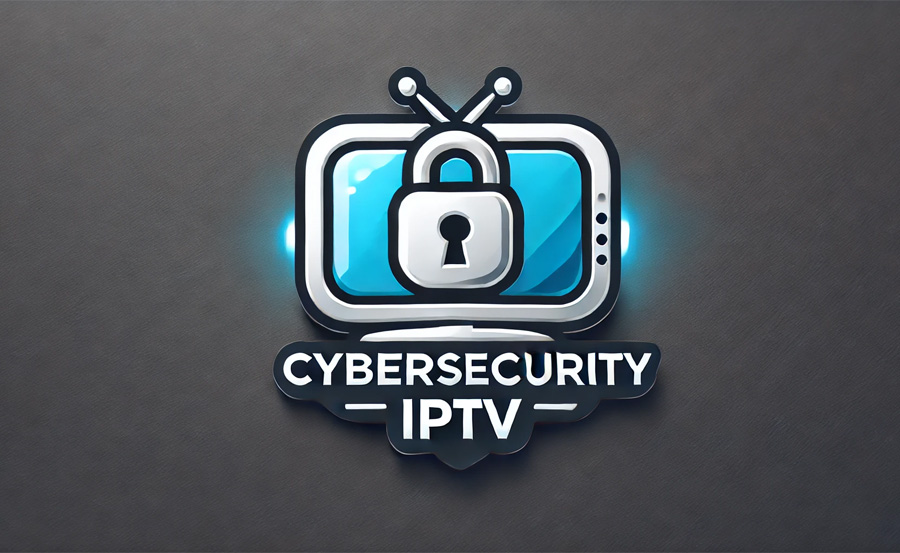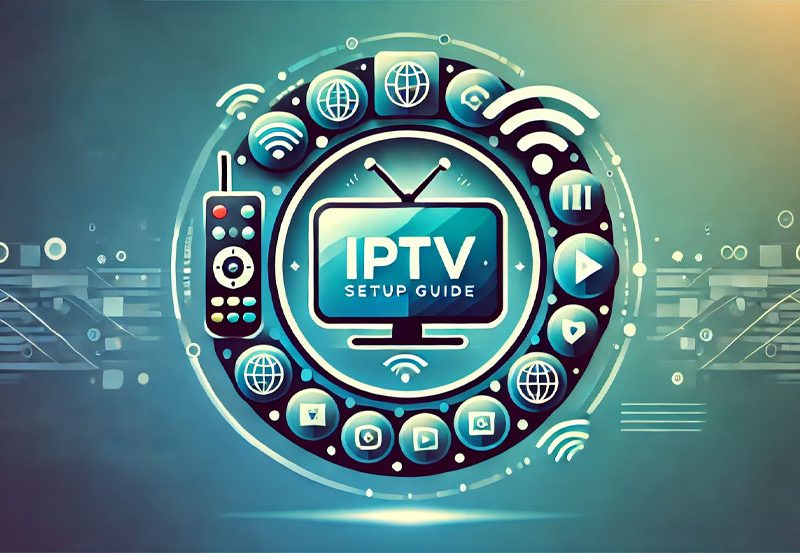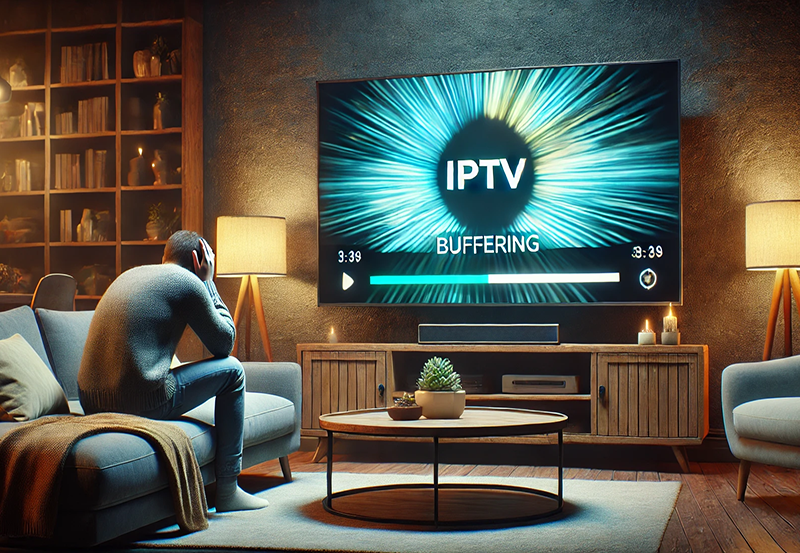As IPTV (Internet Protocol Television) continues to gain popularity, its convenience and flexibility are hard to ignore. IPTV offers a diverse range of channels, on-demand content, and live streaming, all accessible via the internet on multiple devices. However, along with its benefits, IPTV also raises some security concerns that users should be aware of to ensure a safe and uninterrupted viewing experience. In this article, we’ll explore the key security risks associated with IPTV and provide guidance on how users can protect themselves.
Buy 6 Months IPTV for Endless Entertainment
1. Data Privacy Risks
One of the most significant concerns for IPTV users is the potential risk to their personal data. Since IPTV services operate through the internet, they collect data related to your viewing habits, location, device information, and possibly even your IP address. This data can be used for targeted advertising or, in worst-case scenarios, could fall into the hands of hackers or third parties without your consent.
How to Protect Yourself:
- Always choose reputable and legitimate IPTV services that have clear privacy policies.
- Consider using a VPN (Virtual Private Network) to mask your IP address and encrypt your data, making it harder for unauthorized parties to track your activity.
2. Malware and Phishing Threats
Unlicensed or suspicious IPTV providers often serve as a breeding ground for malware, viruses, and phishing attacks. Some illegal IPTV services may come bundled with malicious software that can infect your device, steal sensitive information, or even give hackers control over your system.
How to Protect Yourself:
- Avoid downloading IPTV apps or add-ons from unknown or unreliable sources.
- Use antivirus software on all your devices, including smart TVs and streaming boxes.
- Regularly update your apps and software to patch potential vulnerabilities that hackers may exploit.
3. Unsecure Payment Methods
Many IPTV providers require users to pay for subscriptions. However, if you’re dealing with an untrustworthy or illegal service, your payment information could be at risk. Hackers or unscrupulous providers might misuse your credit card details or personal information during transactions.
How to Protect Yourself:
- Use secure payment methods such as PayPal, which adds an extra layer of protection.
- Ensure that the IPTV provider’s website is secured with HTTPS encryption before making any payments.
- Consider using a virtual credit card or disposable payment methods when subscribing to new services.
4. Legal Concerns
IPTV legality varies from country to country. While many legitimate services operate under full legal compliance, others offer content without proper licensing. Using these illegal services may expose you to significant legal consequences, including fines or criminal charges.
How to Protect Yourself:
- Always research the IPTV provider to confirm whether they operate legally in your country.
- Opt for well-known, licensed IPTV providers that comply with copyright laws.
- Stay updated on local regulations regarding IPTV usage to avoid inadvertently breaking the law.
5. Network Vulnerabilities
Because IPTV relies on internet connectivity, it’s susceptible to network-based attacks, including Distributed Denial of Service (DDoS) attacks or IP spoofing. These attacks can interrupt your service, cause buffering, or even lead to unauthorized access to your home network.
How to Protect Yourself:
- Use a robust router with built-in firewall protection to secure your home network.
- Regularly update your router’s firmware to close any security loopholes.
- Consider setting up a separate network for your IPTV devices to isolate them from your main network, further enhancing security.Steps to Set Up IPTV on Kodi for Streaming
6. ISP Interference and Throttling
Many internet service providers (ISPs) may throttle bandwidth or block access to IPTV services, especially if they detect that the service is consuming large amounts of data. This can result in slower internet speeds and a diminished viewing experience.
How to Protect Yourself:
- Using a VPN not only enhances your privacy but can also prevent ISPs from throttling your IPTV traffic.
- Choose an IPTV provider that offers high-quality streams and works efficiently even with average internet speeds.
Final Thoughts
While IPTV brings immense convenience and a wide array of content to users, it’s essential to be aware of the security risks involved. By following the protective measures outlined in this article, you can safeguard your data, avoid legal complications, and enjoy IPTV securely. Remember, choosing reputable IPTV providers and securing your devices should always be a priority to ensure an optimal and safe viewing experience.
In the ever-evolving world of IPTV, staying informed about security concerns is crucial for every user. With the right precautions, you can mitigate risks and enjoy seamless entertainment without worry.
Getting Started with MAG Box for IPTV: A Beginner’s Manual




